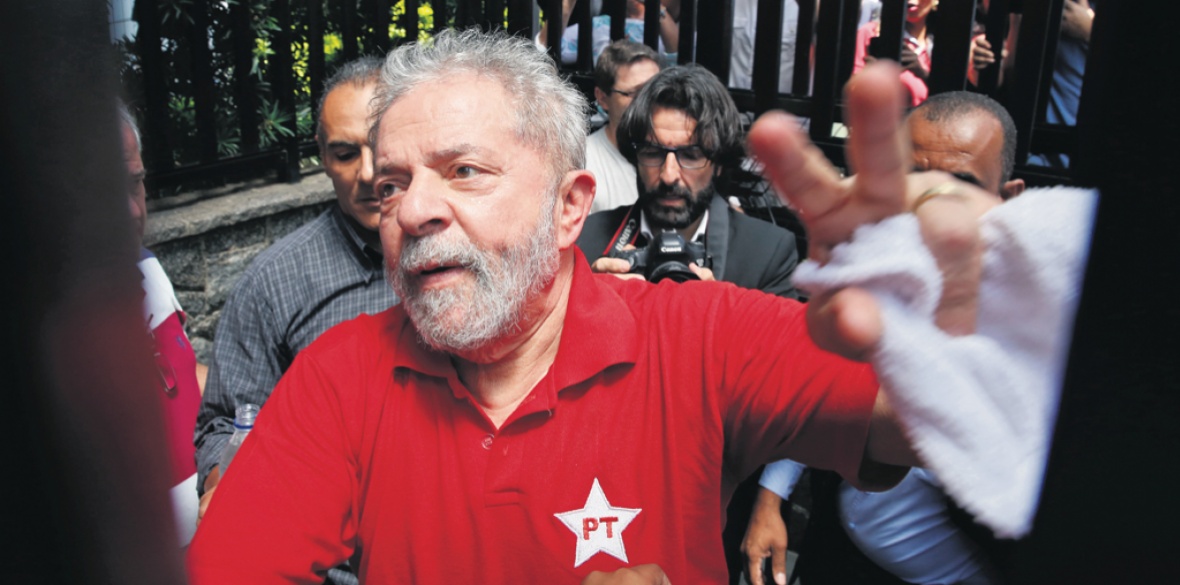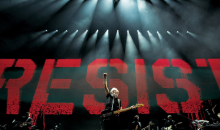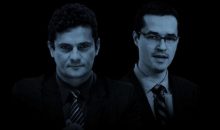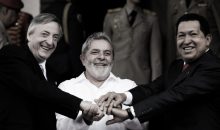Why Lula should be nominated for the Nobel Peace Prize

Ler em português | Leer en español
On April 13 2018, six days after president Lula’s arrest, Adolfo Perez Esquivel launched, through an online platform, the campaign for former Brazilian President Lula da Silva to be nominated for the Nobel Peace Prize.
A few weeks before, he had been with Lula at his namesake institute (Instituto Lula) and mentioned the idea.
I joined the Argentinian Human Rights activists on that visit, led by the jurist Carol Proner.
On that occasion, Esquivel based his proposal on Lula’s work to eliminate hunger in Brazil and the influence our Fome Zero programme had across the world, both by example and as concrete co-operation programmes in Latin America, the Caribbean and Africa.
The importance of Lula’s initiative did not go unnoticed by several world leaders. The French president Jacques Chirac joined our president in a global campaign to combat hunger and poverty, to which other heads of state joined, such as Ricardo Lagos from Chile, and Jose Luis Zapatero from Spain, besides the UN secretary-general Kofi Annan.
In 2004, during the UN general assembly, a summit meeting took place, encompassing around a hundred countries, with the presence of a few dozen heads of state and government.
I recall, even today, the phrase I heard casually from a French diplomat who, when entering the meeting venue, commented to a colleague: “Brazil embraces the world.”
Obviously, all that effort would have meant little if not for the Lula government lifting about 40 million Brazilians from extreme poverty, which took Brazil out of the UN Food and Agriculture Organisation’s world hunger map.
This feat, without precedent in history, resulted from a political will and mobilisation ability rarely seen and it took place in a fully democratic setting, without violence or conflict.
This has made Lula one of the world’s most admired leaders among other countries, irrespective of their development level or ideological inclinations.
The fight against hunger in Brazil and the global campaign would already be enough reason to make Lula worthy of the honour proposed by Perez Esquivel, which already has nearly half a million supporters, including a diverse range of figures in politics, social movements, culture and the arts, as well as academia.
But Lula’s policies had other equally important effects on the peace of the region and the world. Whether through South American integration or through direct actions towards dialogue and conciliation, the former president contributed decisively for the country’s internal and external problems to be resolved peacefully.
More than once, developed nations and the international media recognised this peacemaking role, as illustrated, among other examples, by the creation of the Group of Friends of Venezuela, which avoided a civil war in our neighbour nation, and by Lula’s mediation in the conflict between the Altiplano and the Media Luna in Bolivia.
Lula’s Brazil also exerted this role on issues of global reach. In the Middle East, Brazil participated, invited by Washington, in the Annapolis Conference, which relaunched the Roadmap to Peace between Palestine and Israel, based on the concept of two states coexisting with security.
Along with Turkey, Brazil participated in the negotiations of the Tehran Declaration, which was the precursor of the Iran Deal, signed years later by the US and five other countries with Iran.
All these facts bring to my mind, when one speaks of Lula for the Nobel Prize, the phrase from president Barack Obama: “He is the man.”
Celso Amorim is former foreign minister (2003-10, Lula administration) and defence minister (2011-15, Dilma administration) and presides over the the International Solidarity Committee in Defence of Lula and Democracy in Brazil.
Morning Star | Photo: AP



